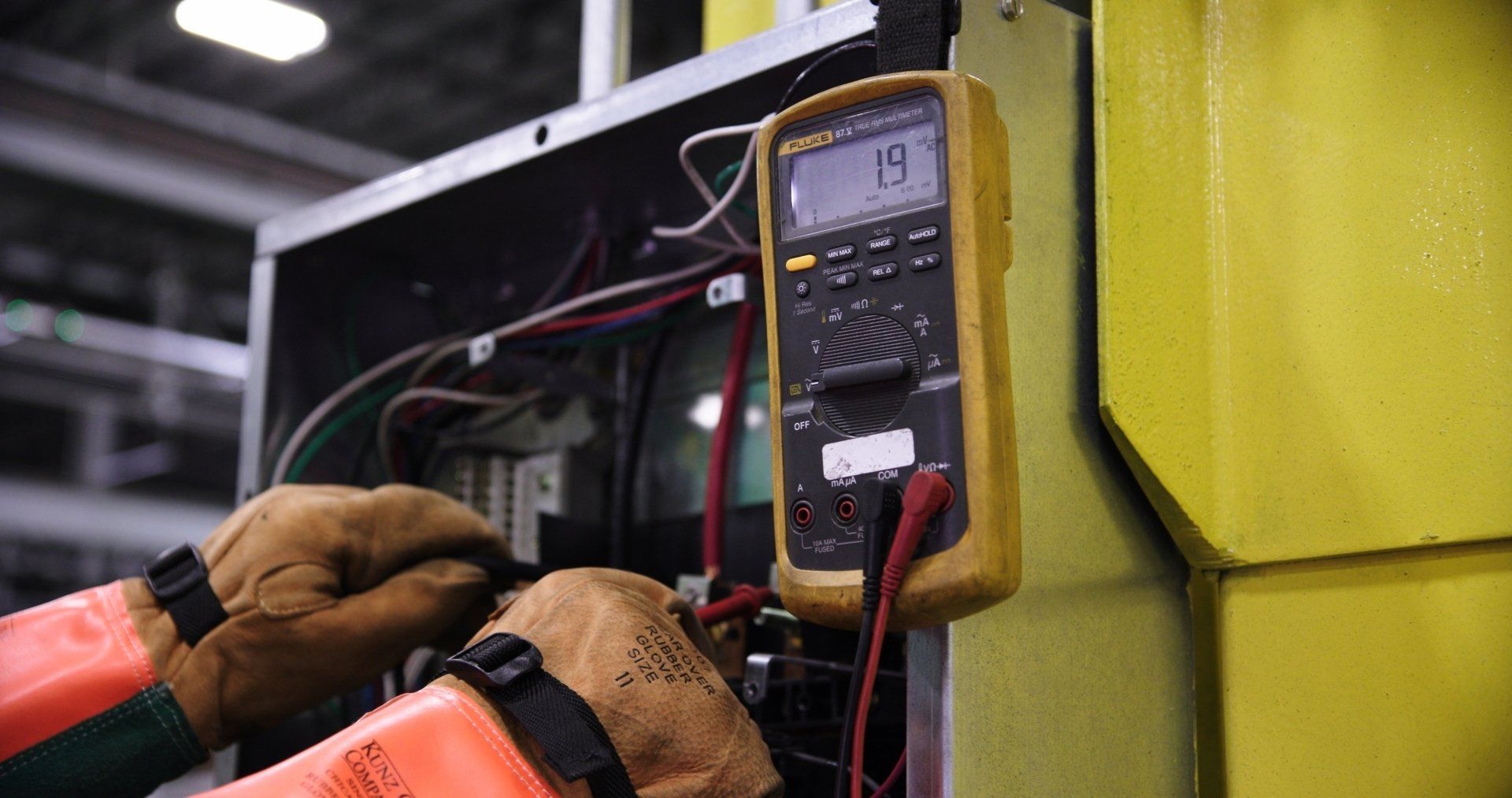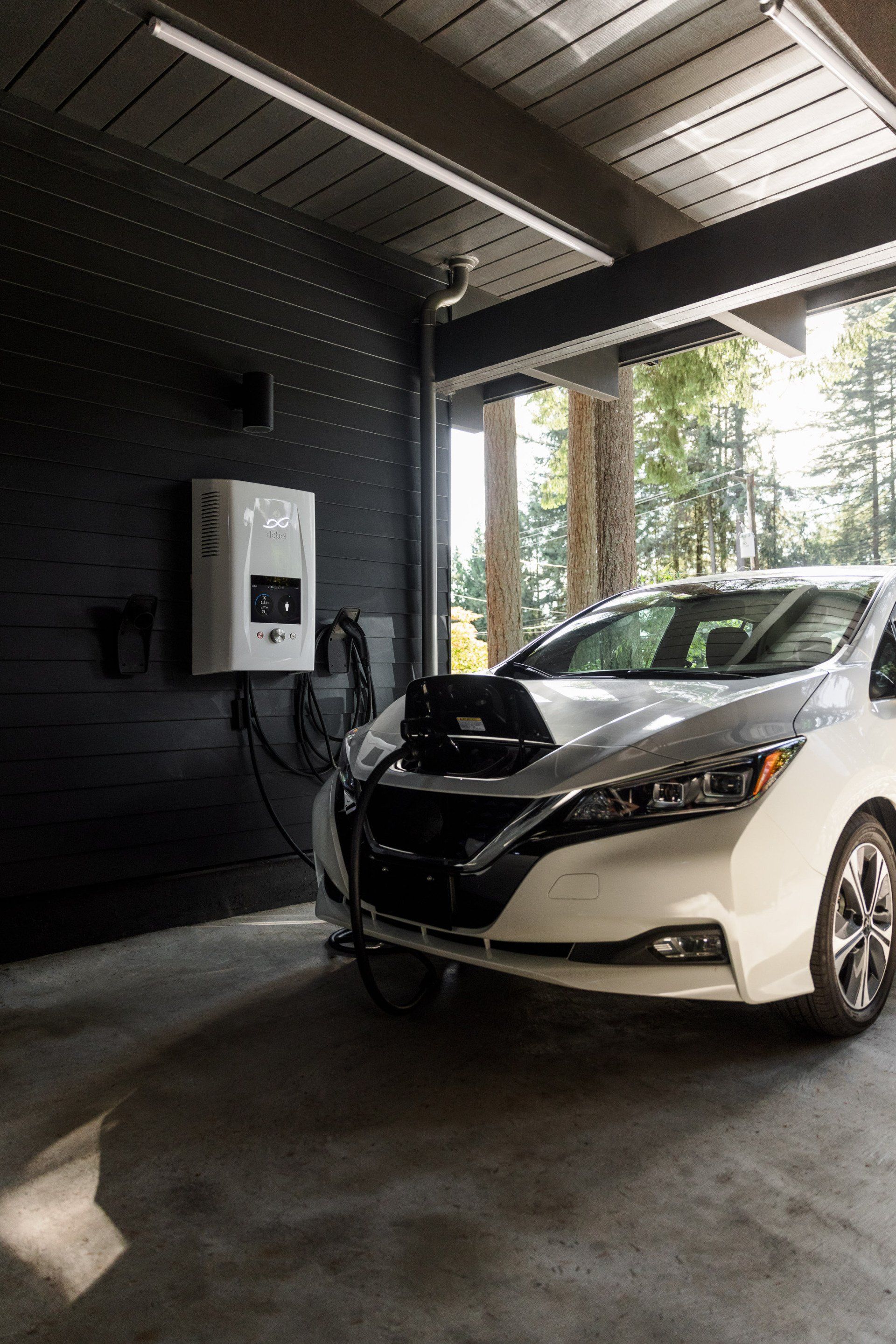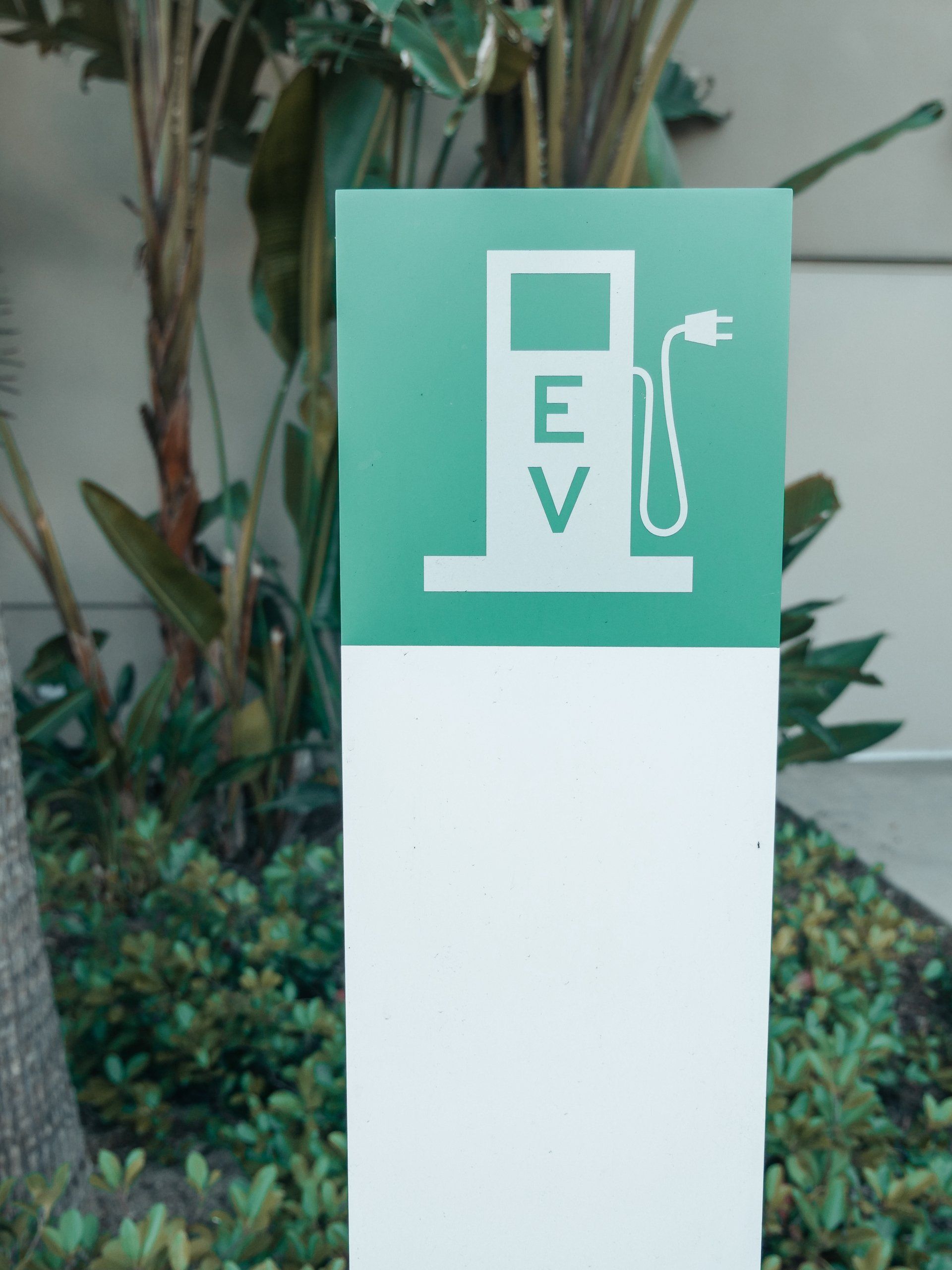Gas vs Battery Backup System
When it comes to choosing a backup power source for your home, there are two main options to consider: gas or battery backup systems. Both have pros and cons, so it's important to weigh them based on your specific needs and preferences.
Gas Backup Systems
Gas backup systems typically run on natural gas, propane or another fossil fuel. When the grid fails, the backup generator kicks in to provide power for your home. Here are some advantages of gas backup systems:
1. High output: Gas generators have the capacity to sustain high-output energy needs for an extended period of time. This means you can power your entire home or run heavy-duty machinery for as long as necessary.
2. Dependable performance: Gas backup systems have been used for decades, and are highly reliable in times of power outages.
3. Low maintenance: Gas backup systems are easy to maintain and operate because they don't rely on complex electronics.
Here are some of the disadvantages of gas backup systems:
1. Costly: Installation and maintenance are expensive, and the cost of fuel can add up quickly.
2. Environmental impact: Burning fossil fuels contributes to air pollution and climate change.
3. Noise: Gas backup systems can be loud and create noise pollution to the surrounding area.
Battery Backup Systems
Battery backup systems, on the other hand, use rechargeable batteries to store energy when the power is on. When the grid fails, the batteries kick in to provide power, eliminating the need for fossil fuels. Here are some advantages of battery backup systems:
1. Noise-free: Battery backup systems are quiet, with no noise pollution to the surrounding area.
2. Environmentally friendly: Battery backup systems don't emit harmful pollutants, making them eco-friendly.
3. Scalable: They can be easily scaled up or down based on the energy needs of the household.
Here are some of the disadvantages of battery backup systems:
1. Limited energy output: Battery backup systems can only provide power for a limited time, as batteries need to be recharged frequently.
2. High initial investment: The initial cost of battery backup systems can be high, although it can save you money in the long term by eliminating the dependence on fuel.
3. Maintenance can be complex: Battery backup systems rely on complex electronics that require maintenance and technical skill to operate efficiently.
In conclusion, both gas and battery backup systems have pros and cons, and should be considered based on your household's energy needs, budget, and environmental goals. Gas backup systems are better suited for high energy needs for an extended period of time, while battery backup systems are ideal for short-term needs and offer a sustainable solution. Ultimately, the choice between the two depends on which solution resonates more with your needs and values.
Share on:




